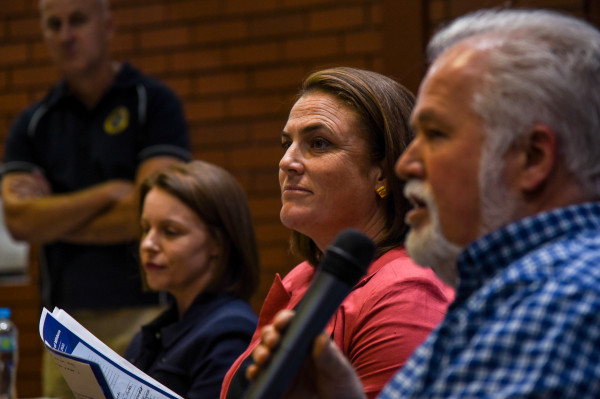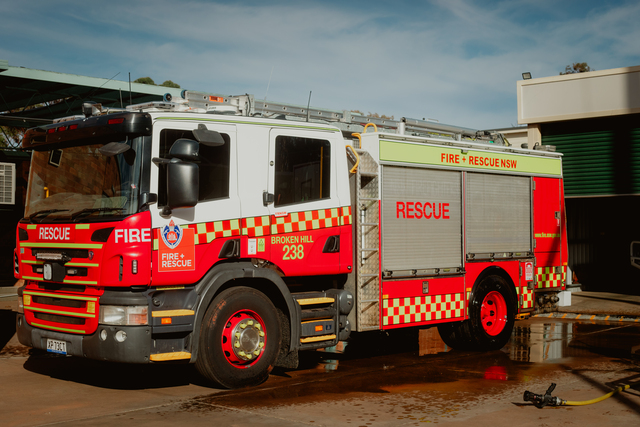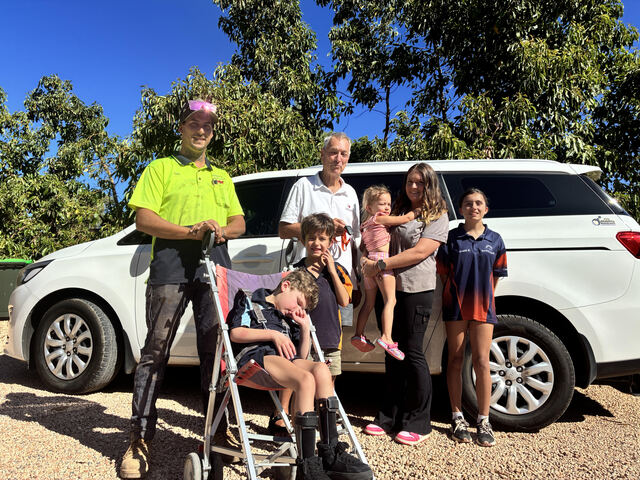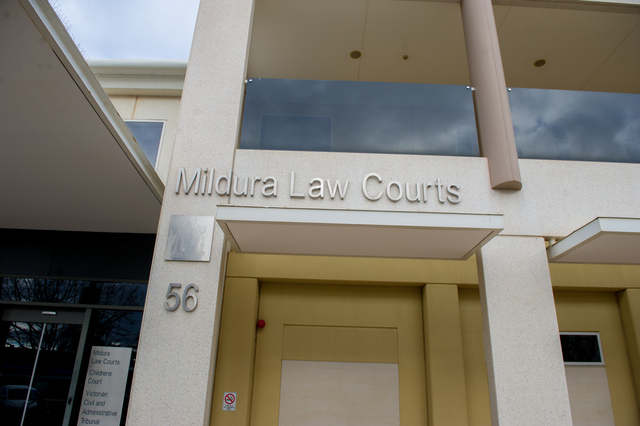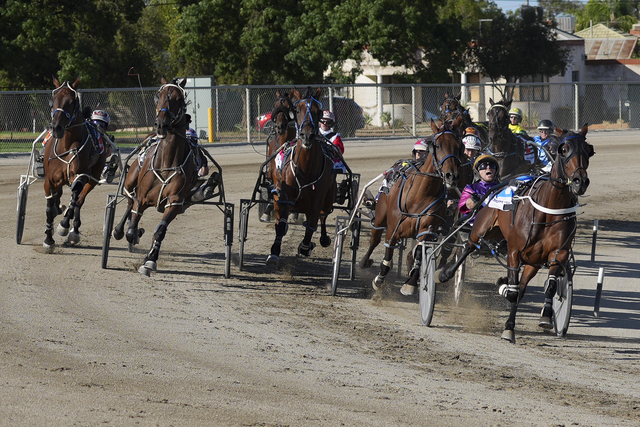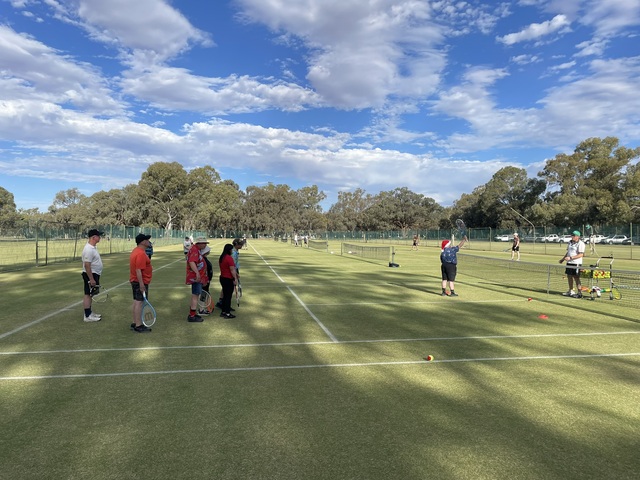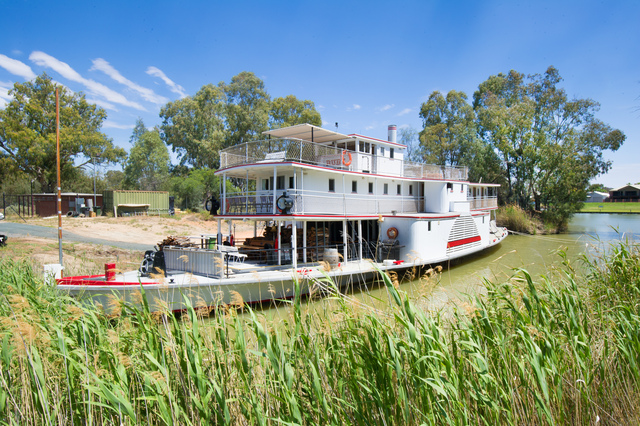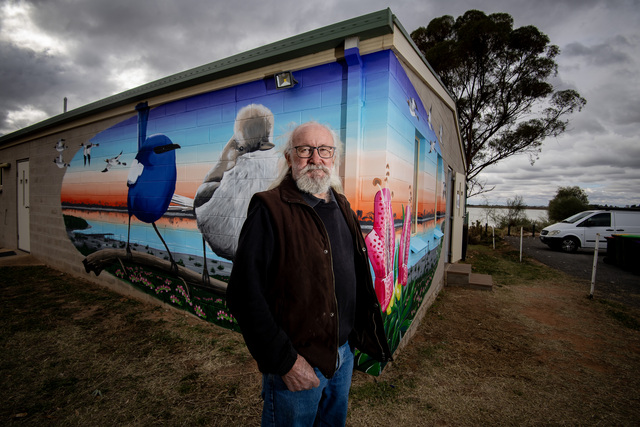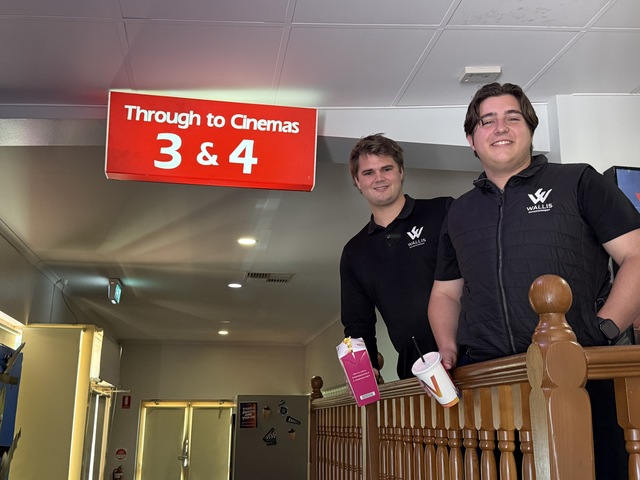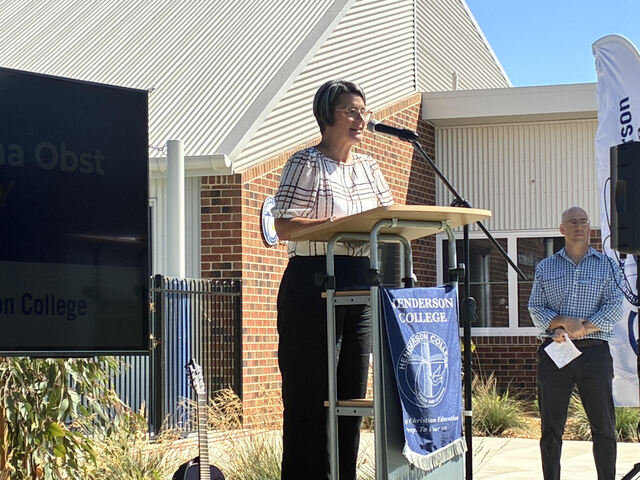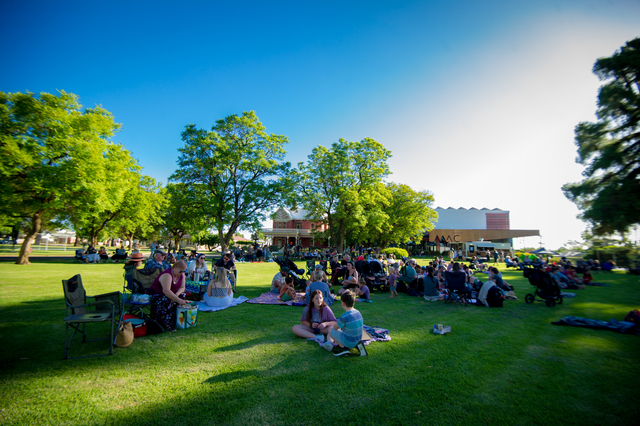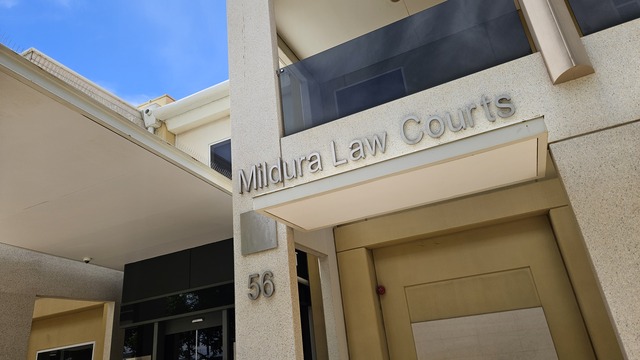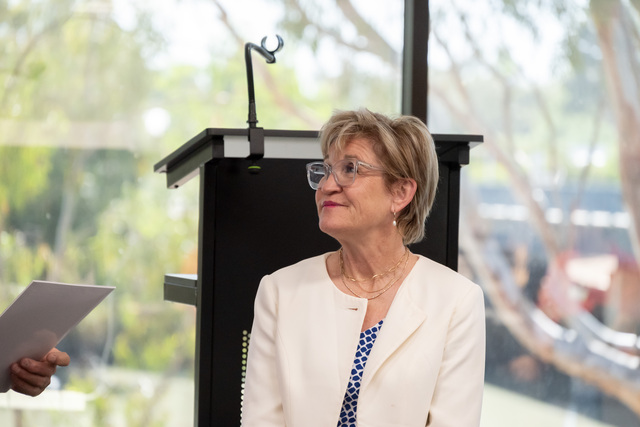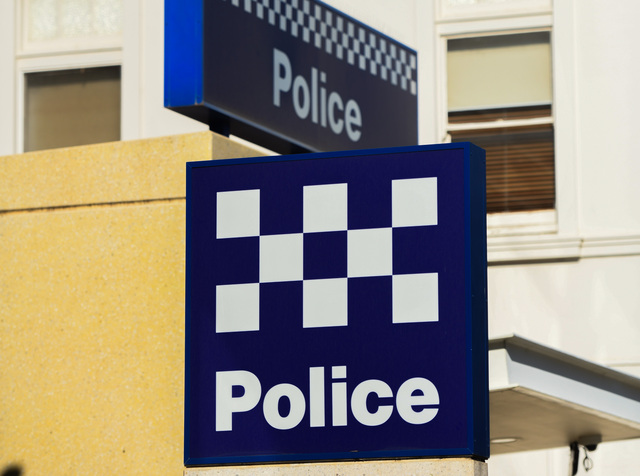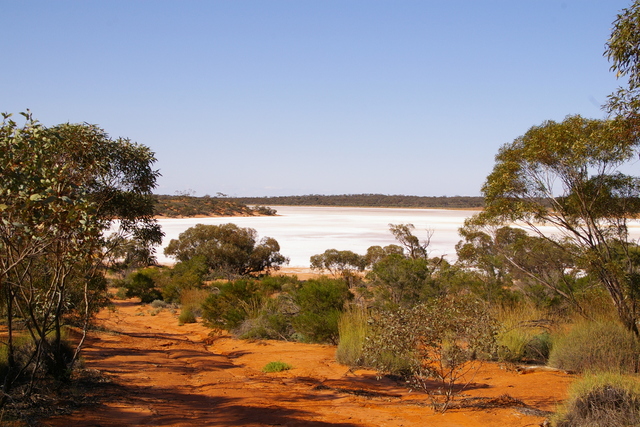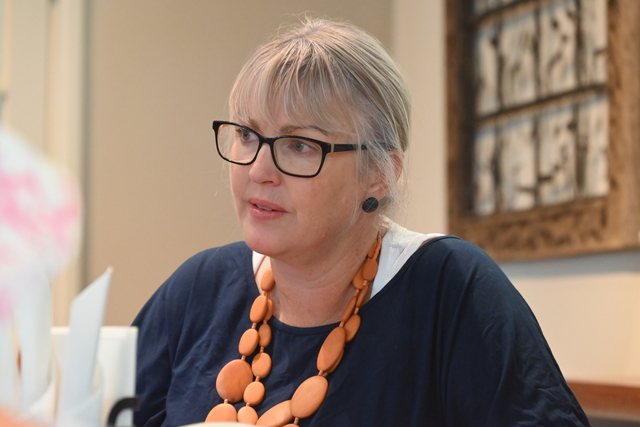REINVIGORATED support for the Coalition in and around Mildura put Jade Benham in the box seat to be the electorate’s new MP.
Although The Nationals hadn’t officially claimed victory, on Sunday the path for independent Ali Cupper was almost nonexistent.
Postal votes remained, but those favoured the Nats in 2018 and were initially doing so again this election.
During her tilts at state office, Ms Cupper has tended to demonstrate strength closer to the CBD and weakness further afield.
This time, Ms Cupper’s vote after preferences showed a swing towards her of 10 per cent in outer parts of the Mildura municipality, 11 per cent at Yarriambiack Shire booths, 3.5 per cent in Ms Benham’s own Swan Hill municipality turf and 5.9 per cent in Buloke Shire.
It wasn’t enough to win these areas, but making such inroads in Nats heartland could – and arguably should – have been a knockout blow.
Instead, there was a different story playing out on the home front.
In Mildura and surrounds, which four years ago she won with 57.2 per cent on a two-candidate preferred basis, her advantage was reduced to the slim 50.2 per cent.
Presumably, having both a Liberal and National to contend with was a factor.
Only once since 1945 have the Nats secured less than 30 per cent of the Mildura primary vote and on Sunday Ms Benham was on 25.8 per cent.
But Liberal candidate Paul Matheson, despite a troubled campaign, and Ms Benham were each picking up about one-fifth of first-preferences at Mildura booths – enough, in such a large field, to make Ms Cupper’s position very vulnerable.
It was a very different dynamic to four years ago, when Ms Cupper was the candidate elevated by preferences, including from a strong Labor candidate.
Policy was also likely part of the story.
Last time, the Coalition conceded the stronger position on health by not committing to returning Mildura Base Public Hospital to public management.
This time, they were promising to put $750 million towards part of a hospital build.
Last time, the Coalition were promising the return of passenger trains within two terms.
This time, they focused on cheaper V/Line fares and a couple of subsidised flights – more immediate solutions.
They cleaned up their pitch and it helped win people back.
But now there’s the tricky task of navigating the next four years in opposition, where promises aren’t worth the corflute they’re printed on.

